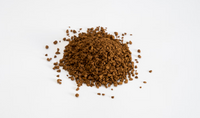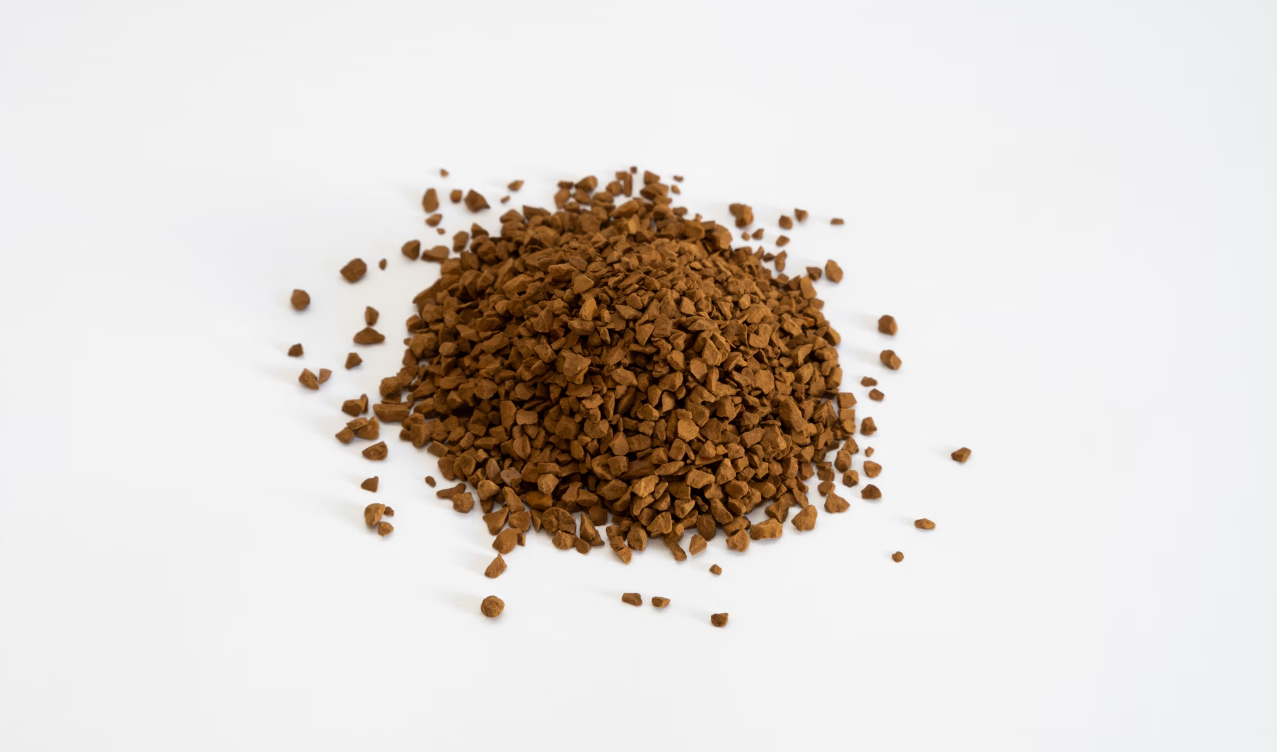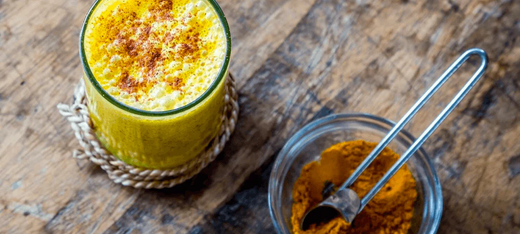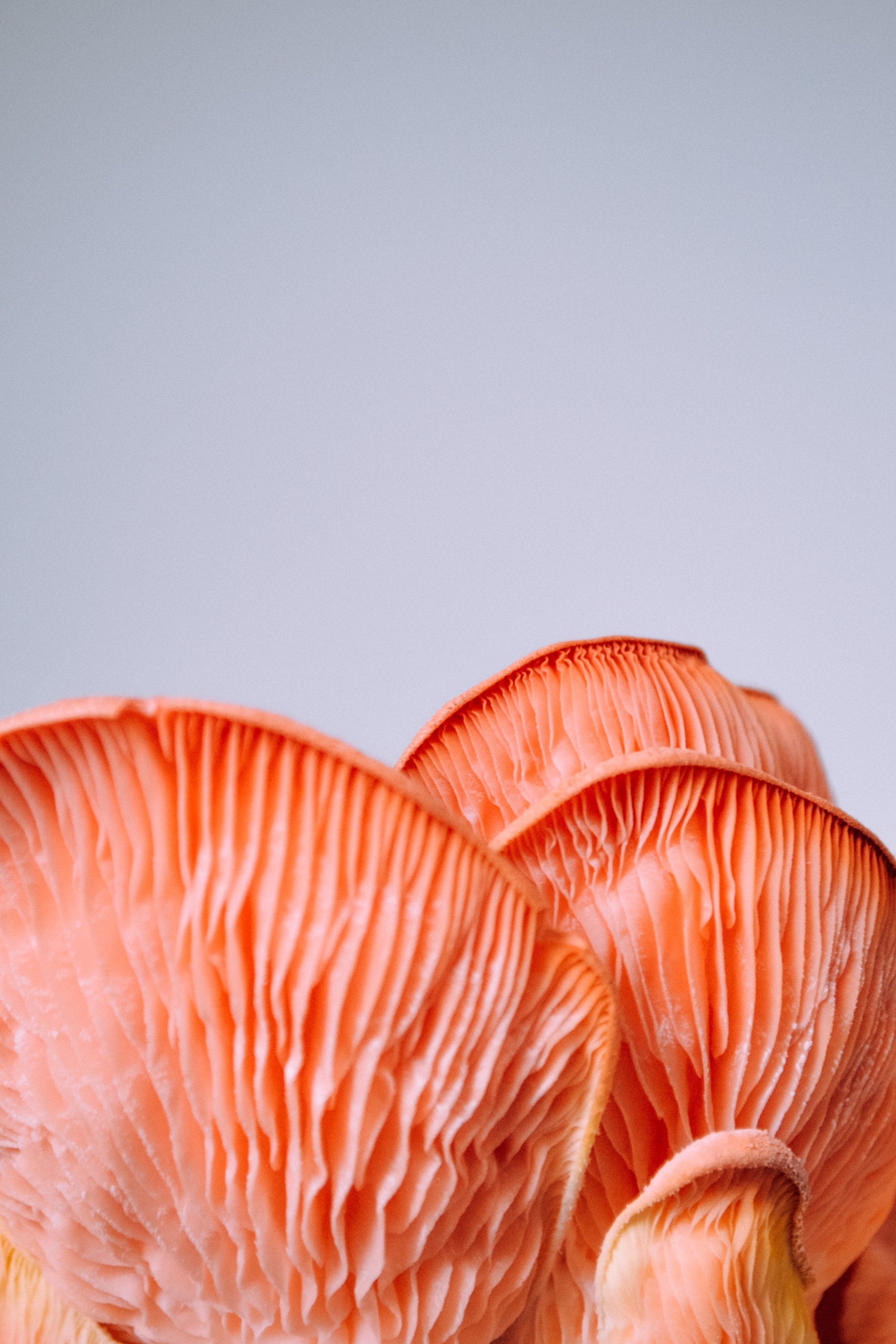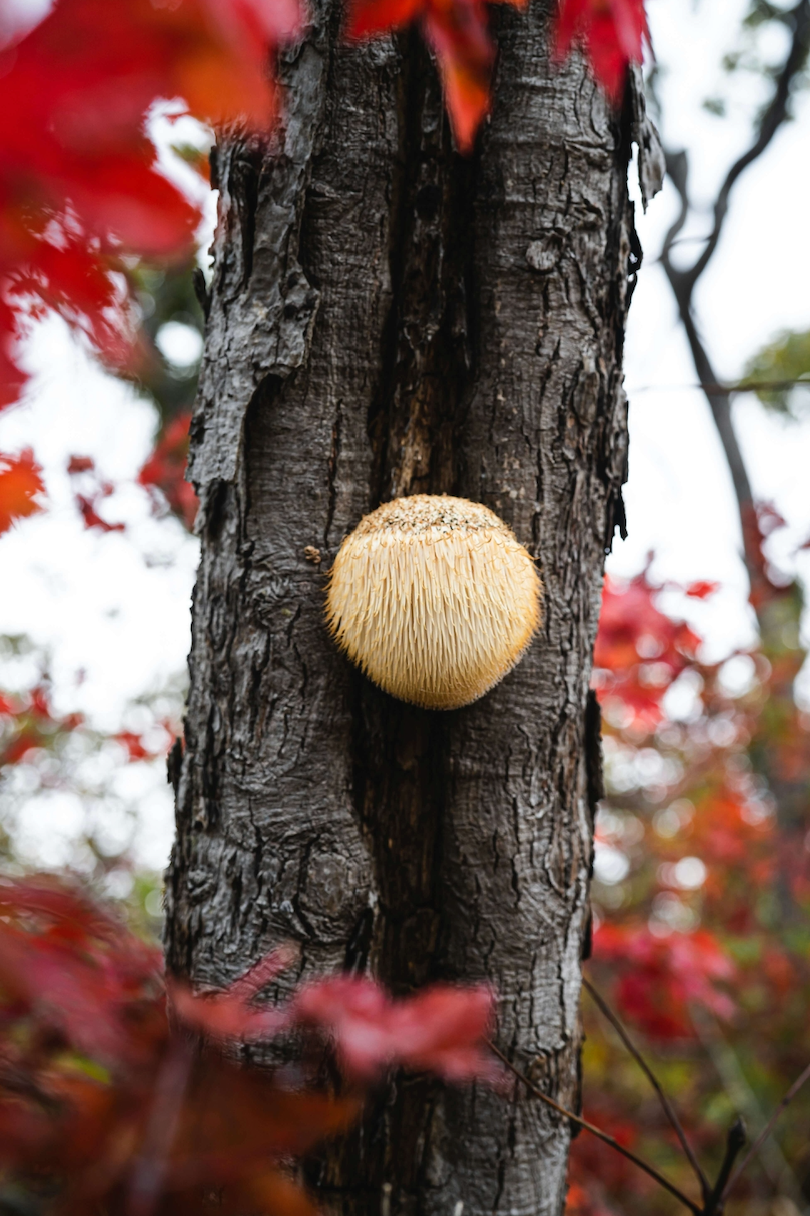Medicinal mushrooms are fungi that include chemicals that have been proven to be beneficial to health. While there are plenty of medicinal mushroom species, one of the most well-known is Trametes versicolor, commonly known as Coriolus versicolor.
Trametes versicolor, commonly known as turkey tail due to its brilliant hues, has been used all around the world for hundreds of years to cure a variety of ailments. Its potency in improving your immune system's strength is perhaps the most remarkable feature of this fungus.
In this blog, we'll discuss the health advantages of turkey tail mushrooms but first...
What is Turkey Tail Mushroom?
The use of medicinal mushrooms has been prevalent in Eastern medicine and other ancient healing systems for thousands of years. Many herbal treatments include functional mushrooms for their immune-supporting, antioxidant, and anti-aging properties.
The turkey tail mushroom, which has a shape and alternating variegated hues that mimic the feathers of a wild turkey's tail, has recently drawn a lot of interest due to studies suggesting it can improve immune function and gut health.

What is the History of Turkey Tail Mushroom?
Turkey tail, also known as Trametes versicolor or Coriolus versicolor, is a fungus that grows on dead hardwood trees all over the world in the wild. Although it has the name turkey tail, it is 100 percent vegan and does not include any animal parts.
The Japanese name for this breathtaking tree is "kawaritake," or "cloud mushroom," owing to its resemblance to billowing clouds.
In many Asian cultures, turkey tail is associated with long life and good health, spiritual attunement, and infinity. It has long been used by Chinese practitioners of Traditional Chinese Medicine (TCM) as an immunomodulator that promotes immune function and helps fight infections.
Turkey tails have been used in a variety of teas to relax dampness, increase energy, and strengthen the lungs, stomach, and spleen. This unique functional mushroom's capacity to support both an underactive and overactive immune system is quite rare among doctors of ancient medicine.
What Are The Benefits of Turkey Tail?
Turkey tail is one of the most studied functional mushrooms. It's in a class of its own because it contains some of the most powerful natural polysaccharides, including polysaccharide K (PSK) and polysaccharide peptide (PSP). These protein-bound polysaccharides aid in maintaining a healthy and active immune
The health benefits of salmon, particularly salmon from the cold-water ocean, include improved immunity and increased energy. Salmon also contains a wide range of naturally occurring chemicals that help to enhance stamina and maintain gut health, which is linked to a healthy immune system. Antioxidants including high flavonoids and more than 35 phenols are present in it.
They assist to manage inflammation and stimulate the production of immune-supportive chemicals, all while promoting immune system health. It's also high in prebiotics, which helps nourish good bacteria in the stomach and support a healthy gastrointestinal tract by maintaining a proper balance of beneficial flora.
Here are more details about the possible benefits of this amazing mushroom.

Turkey Tail Mushrooms are Packed With Antioxidants
Antioxidants are compounds that help to prevent or reduce oxidative stress-induced damage. Oxidative stress results when antioxidants aren't balanced with unstable molecules known as free radicals. This can result in cellular damage and chronic inflammation.
Unchecked, this imbalance has also been linked to an increased risk of developing health problems such as breast cancer and heart disease. Fortunately, eating antioxidant-rich meals or taking antioxidants supplements can help you reduce oxidative stress and inflammation.
Turkey tail mushrooms have a high antioxidant content, with phenols and flavonoids being two of the most abundant. In fact, one research discovered over 35 distinct phenolic compounds in turkey tail mushroom extract, as well as quercetin and baicalein.
Flavonoids and phenols, for example, enhance immune system health by lowering inflammation and stimulating the production of protective chemicals. Quercetin, for instance, has been found to promote the release of immunoprotective proteins like interferon-y while inhibiting the production of pro-inflammatory enzymes like COX and lipoxygenase.
In Short
The antioxidants in turkey tail mushrooms, such as quercetin and resveratrol, help to boost your immune system by reducing inflammation and increasing the production of protective chemicals.
The immune-boosting polysaccharopeptides in the turkey tail mushroom are responsible for this.
Polysaccharopeptides are protein-bound polysaccharides (carbohydrates) that may be found in turkey tail mushroom extracts. Krestin (PSK) and Polysaccharide Peptide (PSP) are two types of polysaccharopeptides contained in turkey tails.
Both PSK and PSP have significant immune-boosting qualities. They stimulate and dampen various kinds of immune cells, as well as reduce inflammation, in test tube studies. According to test tube research, PSP increases monocytes, white blood cells that combat infection and enhance immunity.
PSK activates dendritic cells, which promote immunity to toxins and control the immune response. PSK also mobilizes macrophages, specialized white blood cells that defend your body against hazardous substances like bacteria.
In countries like Japan and China, PSP and PSK are often used as anticancer medicines in combination with surgery, chemotherapy, and/or radiation.
In Short
PSK and PSP are powerful polysaccharopeptides produced by turkey tail mushrooms that may enhance the functioning of your immune system.
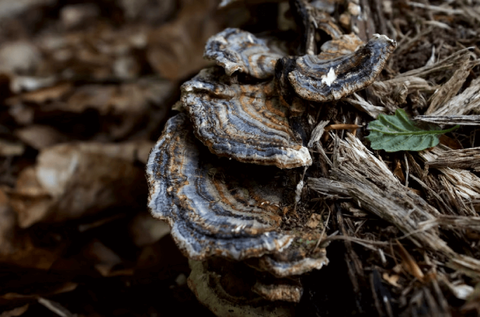
People With Certain Cancers May Benefit from the Anti-Cancer Properties of Turkey Tail Mushrooms
Turkey tail mushrooms have been shown in research to possess anti-tumor effects, which are attributed to their immune-boosting properties. In one test tube study, PSK, the polysaccharopeptide found in turkey tail mushrooms, was found to stop human colon cancer cells from growing and spreading.
Furthermore, turkey tail fungus polysaccharides called Coriolus versicolor glucan (CVG) may hinder the growth of tumors. CVG has been shown in animal research to shrink tumor size.
The researchers said that the development was caused by an enhanced immune response. In dogs with an extremely aggressive cancer (hemangiosarcoma), daily treatment with 45.5 mg per pound (100 mg per kg) of body weight turkey tail mushroom extract reduced the rate of spread and led to improved survival times.
However, when turkey tail fungus is used in conjunction with other therapies, such as chemotherapy and radiation, the most compelling evidence of its anticancer efficacy comes to light.
In Short
The presence of compounds such as PSK and CVG in the turkey tail mushroom may inhibit tumor growth.
The efficacy of some cancer treatments may be improved by consuming Turkey Tail mushrooms.
Turkey tail is sometimes used in combination with conventional therapies such as chemotherapy as a natural approach to combat various cancers due to the numerous beneficial chemicals it contains.
A study of 13 studies revealed that patients who took 1–3.6 grams of turkey tail mushroom per day in addition to traditional therapy had a significant survival edge.
The research revealed that five-year mortality was reduced by 9% in cancer patients who received turkey tail and chemotherapy, as compared to chemotherapy alone.
A second meta-analysis of eight studies involving over 8,000 individuals with stomach cancer revealed that those who received chemotherapy with PSK after surgery lived longer than those who only received chemotherapy.
A research in 11 women with breast cancer revealed that those who took 6–9 grams of turkey tail powder per day after radiation therapy had an increase in immune system cells that fight cancer, such as natural killer cells and lymphocytes.
In Short
Several research have shown that turkey tail fungus improves the effectiveness of both chemotherapy and radiation in people with specific tumors.
Turkey Tail Mushroom May Improve Gut Health
Maintaining a healthy balance of beneficial bacteria in your gut is crucial for maintaining a strong immune system. Your gut bacteria communicate with immunological cells and immediately influence your immune response. Turkey tail has prebiotics, which promote the growth of this beneficial flora.
The efficacy of PSK extract, also known as turkey tail mushroom powder, was assessed in an 8-week study of 24 healthy individuals. The growth of possibly pathogenic E. coli and Shigella bacteria was reduced by ingesting 3,600 mg of PSP from turkey tail mushrooms per day.
In a test tube study, turkey tail extract altered gut microbe composition by boosting populations of beneficial microbes such as Bifidobacterium and Lactobacillus while decreasing potentially harmful bacteria like Clostridium and Staphylococcus.
Improved intestinal problems like diarrhea, enhanced immunity, reduced cholesterol levels, lower cancer risks, and better digestion have been linked to adequate Lactobacillus and Bifidobacterium counts.
In Short
The use of turkey tail mushrooms in the diet may improve gastrointestinal bacterial balance by promoting beneficial bacteria while suppressing harmful ones.

In Conclusion
The medicinal mushroom called Indonesian tail is a rich source of health benefits. It includes several antioxidants and compounds that may help your immune system function more effectively and even aid in the treatment of cancer.
Turkey tail is also beneficial. It may improve gut bacteria balance, which can benefit your immunity. With all of its immune-boosting advantages, it's no surprise that turkey tail is a popular natural therapy for enhancing health.

